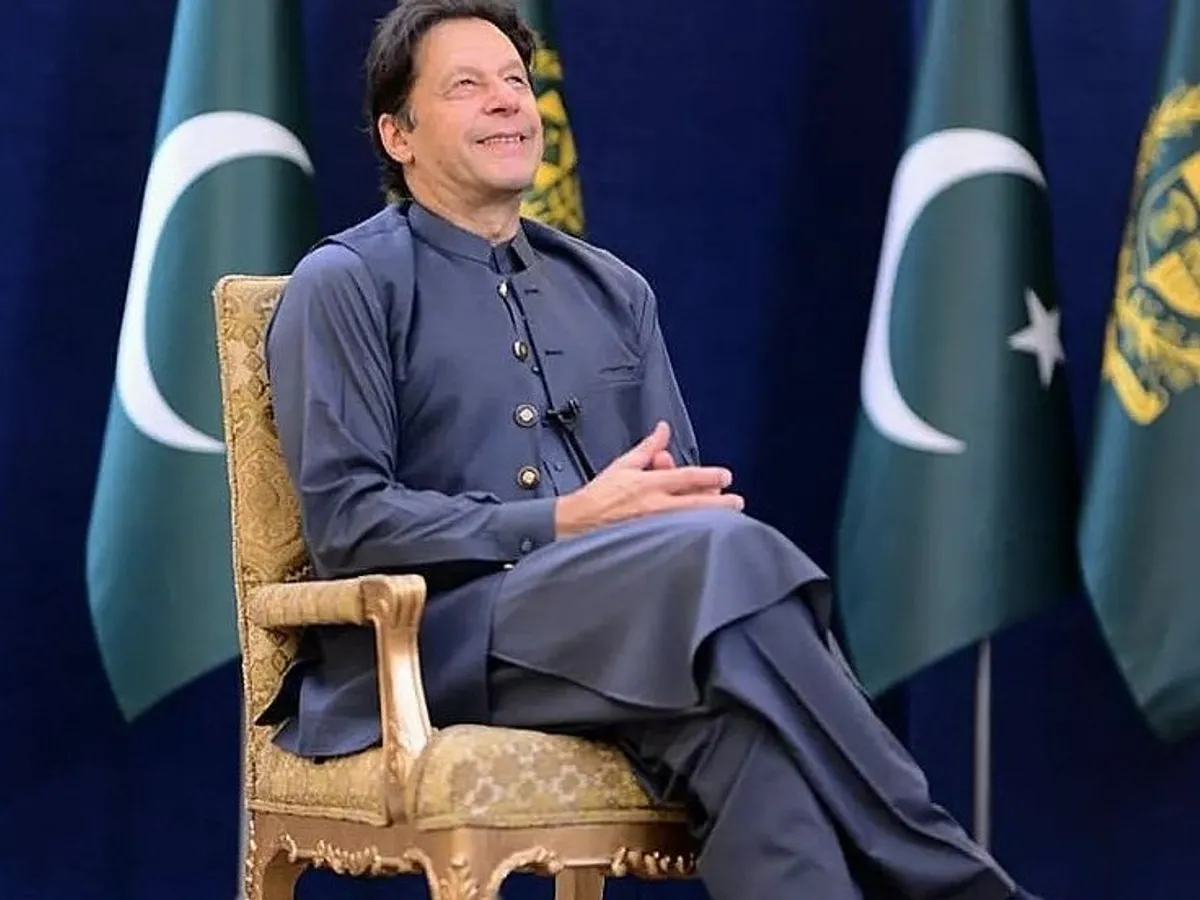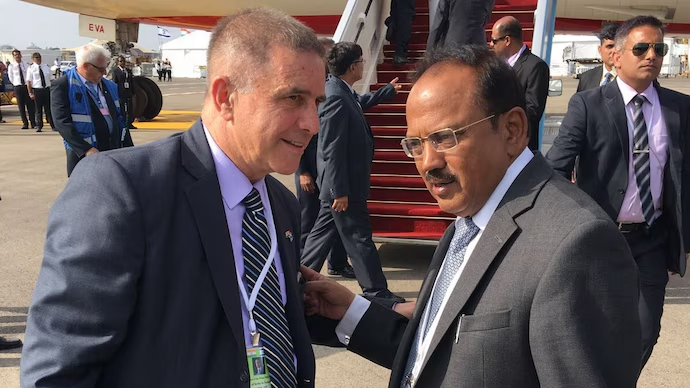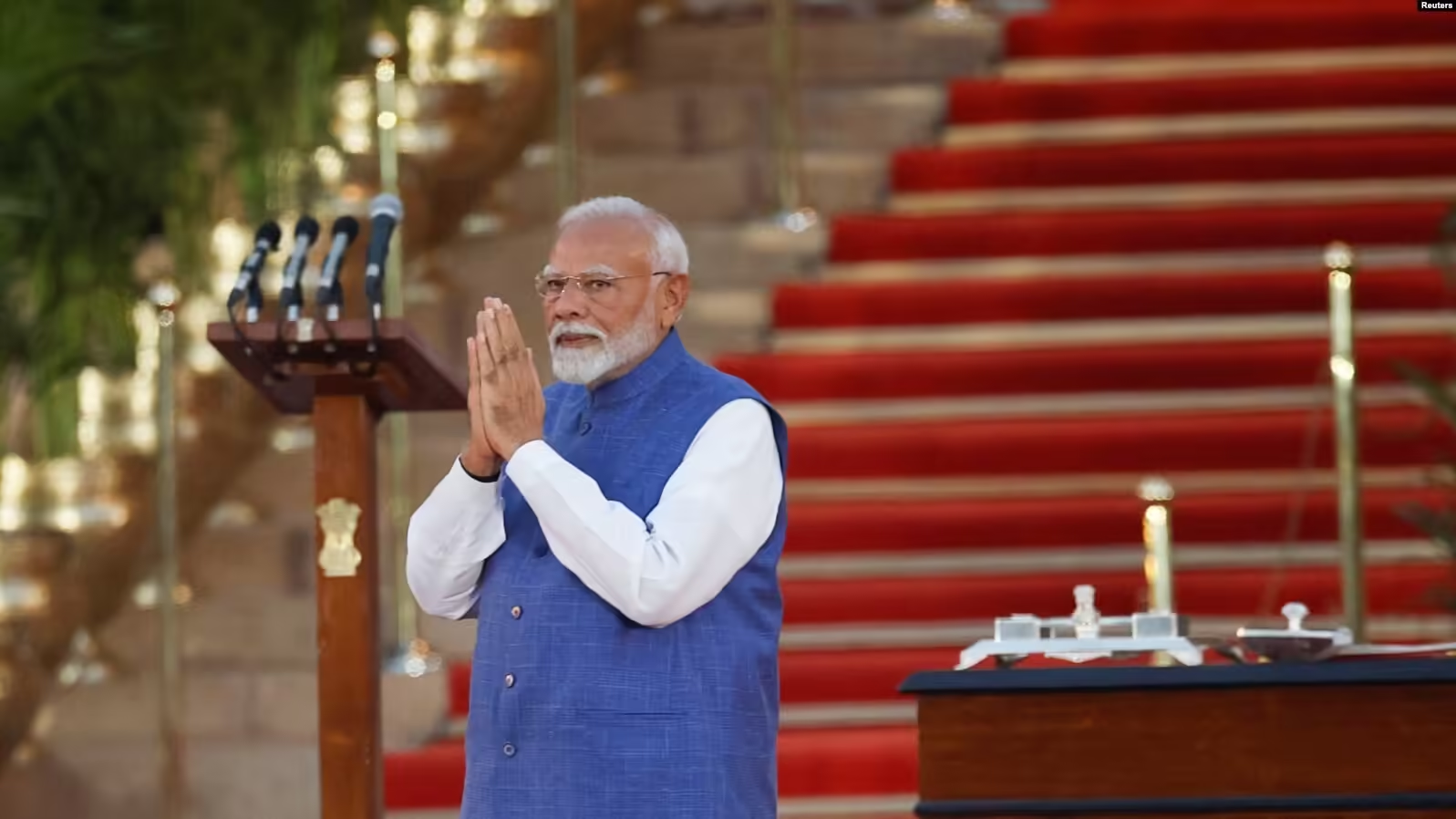In a startling turn of events, the Pakistan Army has made a bold move by backing the return of Nawaz Sharif to power. This unexpected development has sent shockwaves across the political landscape of Pakistan, raising questions about the military’s true intentions and the implications for the country’s future.
Nawaz Sharif, a veteran politician and three-time Prime Minister of Pakistan, had previously faced the ire of the military establishment. However, his recent resurgence as the military’s preferred candidate has left many bewildered and intrigued. What lies behind this sudden change of heart from the army, and what does it signify for the nation?
One possible explanation for this move could be the perceived alignment of interests between Nawaz Sharif and the military establishment. Sharif’s pro-business stance, accommodative attitude towards neighboring countries like India and the United States, and his brother Shehbaz Sharif’s adept administration have potentially endeared him to the military brass. By supporting Sharif’s return to power, the army may be seeking to restore stability and further its own strategic objectives in the region.
However, skeptics view this development with suspicion, questioning the military’s motives and the potential erosion of democratic principles in Pakistan. The army’s interference in the political process, particularly its alleged manipulation of electoral outcomes, raises concerns about the fairness and integrity of the democratic system.
Moreover, Nawaz Sharif’s past conflicts with the military, including his ouster from power in 1999 and subsequent periods of exile, add a layer of complexity to the current situation. His return to the political forefront with the military’s backing begs the question of whether he has made concessions or struck a deal with the army in exchange for support.
The implications of the army’s decision to reinstall Nawaz Sharif as a prominent political figure are profound and far-reaching. It not only reshapes the dynamics of power within Pakistan but also has ramifications for regional stability and international relations. How Nawaz Sharif navigates this delicate balance between civilian governance and military influence will determine the course of Pakistan’s political trajectory in the coming years.
In conclusion, the Pakistan Army’s unexpected move to support Nawaz Sharif’s return to power has sparked intense speculation and debate about the true motives behind this decision. As Pakistan prepares for the upcoming elections, the nation finds itself at a critical juncture, with the military’s intervention casting a shadow over the democratic process. Only time will tell the real agenda behind the army’s shocking move and its implications for Pakistan’s future.
In a significant twist of events, Imran finds himself abandoned by a faction within his own party, as influential leaders such as Jahangir Tareen have broken away to form their own political entity, reportedly with the tacit support of the military establishment.
Pakistan gears up for its 12th national general elections, with an electorate of approximately 128.5 million eligible voters. These elections will determine the composition of the National Assembly and four provincial legislatures, with 266 National Assembly seats up for grabs through a first-past-the-post system. Additionally, 60 seats are reserved for women and 10 for non-Muslims, distributed proportionally among parties based on their share of directly elected seats.
The dynamics of Pakistani elections are closely scrutinized from across the border in India, where the interplay between civilian governance and military influence holds paramount importance.
Unlike the peaceful transitions of power witnessed in democracies, the change of Army Chief in Pakistan signifies the real transfer of power. The military’s substantial influence in Pakistani politics is evident, often perceived as orchestrating electoral outcomes in favor of their preferred candidates. This was notably demonstrated in the 2018 elections when Imran Khan ascended to power under controversial circumstances after the Army’s alleged intervention.
Imran Khan’s recent downfall, marked by his imprisonment on multiple charges, has thrown the upcoming elections into disarray, with the focus shifting towards his absence rather than his presence in the political arena.
Following Imran’s arrest, protests erupted among his supporters, leading to clashes with security forces and vandalization of military installations. The subsequent crackdown saw the arrest of numerous PTI members, including prominent figures like Shah Mahmood Qureshi, weakening Imran’s grip on power.
In a significant political maneuver, leaders like Jahangir Tareen, disenchanted with Imran’s leadership, have splintered off to form their own party, allegedly with backing from the military hierarchy.
Nawaz Sharif emerges as the military’s favored candidate once again, leveraging his pro-business stance, amiable relations with neighboring countries like India and the United States, and the administrative acumen of his brother Shehbaz Sharif.
Meanwhile, Asif Ali Zardari harbors ambitions of reclaiming the presidency, with his son Bilawal Bhutto Zardari eyeing the prime ministerial position. However, the Pakistan Peoples Party’s influence has waned considerably since the heyday of Benazir Bhutto.
Despite Imran Khan’s enduring popularity, the electoral process has been marred by allegations of biased interventions, including arrests of PTI members, denial of party symbols, and obstruction of candidate nominations.
The overwhelming dominance of unelected institutions like the Election Commission, judiciary, and the military casts a shadow over the fairness of the electoral process, prompting concerns among analysts.
With Punjab holding significant electoral sway, both PTI and PML(N) vie for dominance in the province, underscoring the pivotal role it plays in national politics.
As the elections draw near, the turnout, particularly among youth and female voters, could prove decisive, influencing the outcome in unforeseen ways.
For India, the elections in Pakistan offer a glimpse into the evolving political landscape across the border, albeit with a degree of predictability given the military’s apparent backing of certain candidates.
Despite the longstanding tensions between the two neighbors, there exists a window of opportunity for constructive engagement, especially considering the alignment of their respective electoral cycles.
Ultimately, the outcome of Pakistan’s elections will not only shape its domestic landscape but also reverberate across the region, potentially impacting the trajectory of Indo-Pak relations in the foreseeable future.
You May Like :
Unveiling the Shocking Truth About Cryptocurrency: What They Don’t Want You to Know!
Hamas Reports Deaths of 3 Hostages, Including US Citizen, During Israeli Operation
Narendra Modi Takes Oath as Prime Minister of India for Third Successive Term


